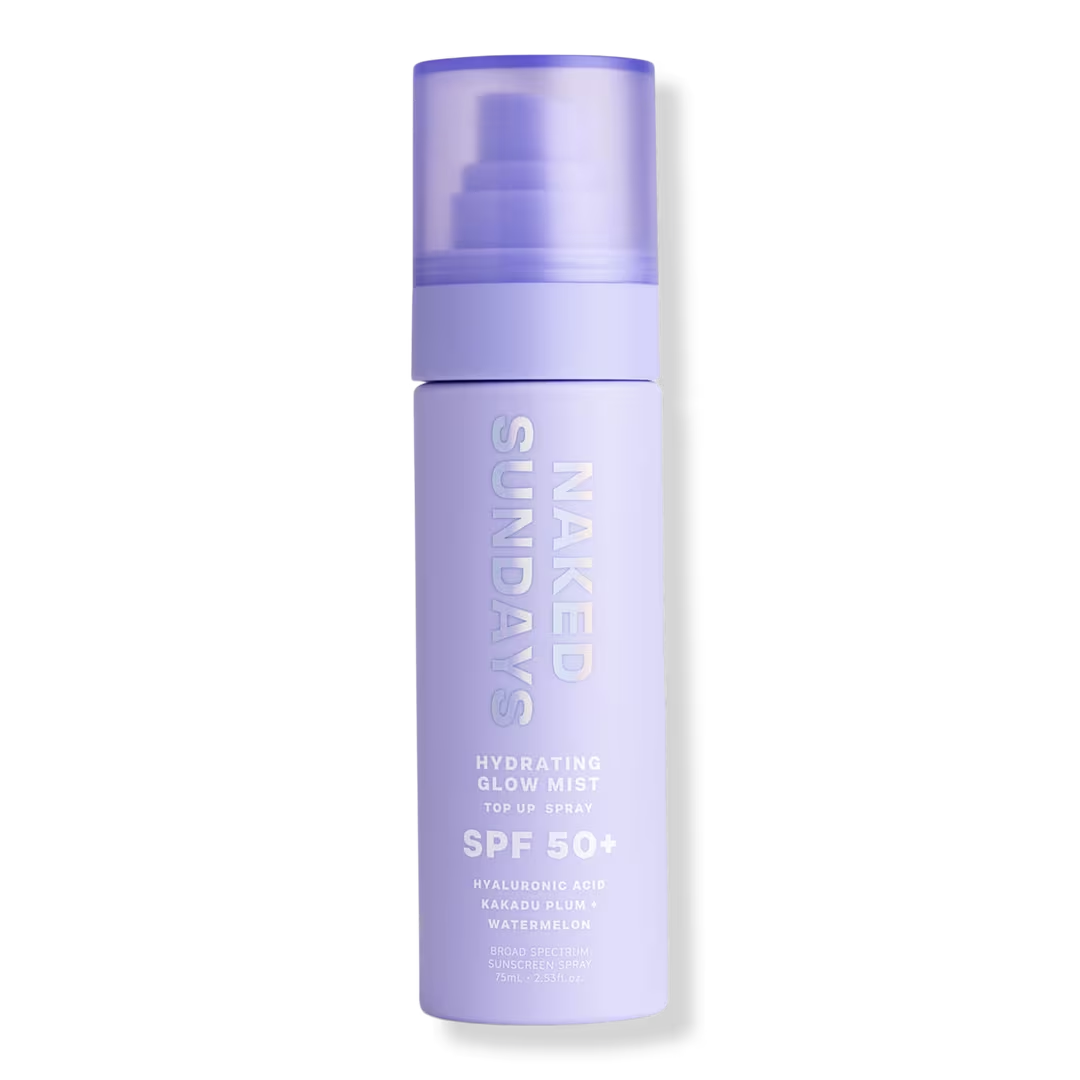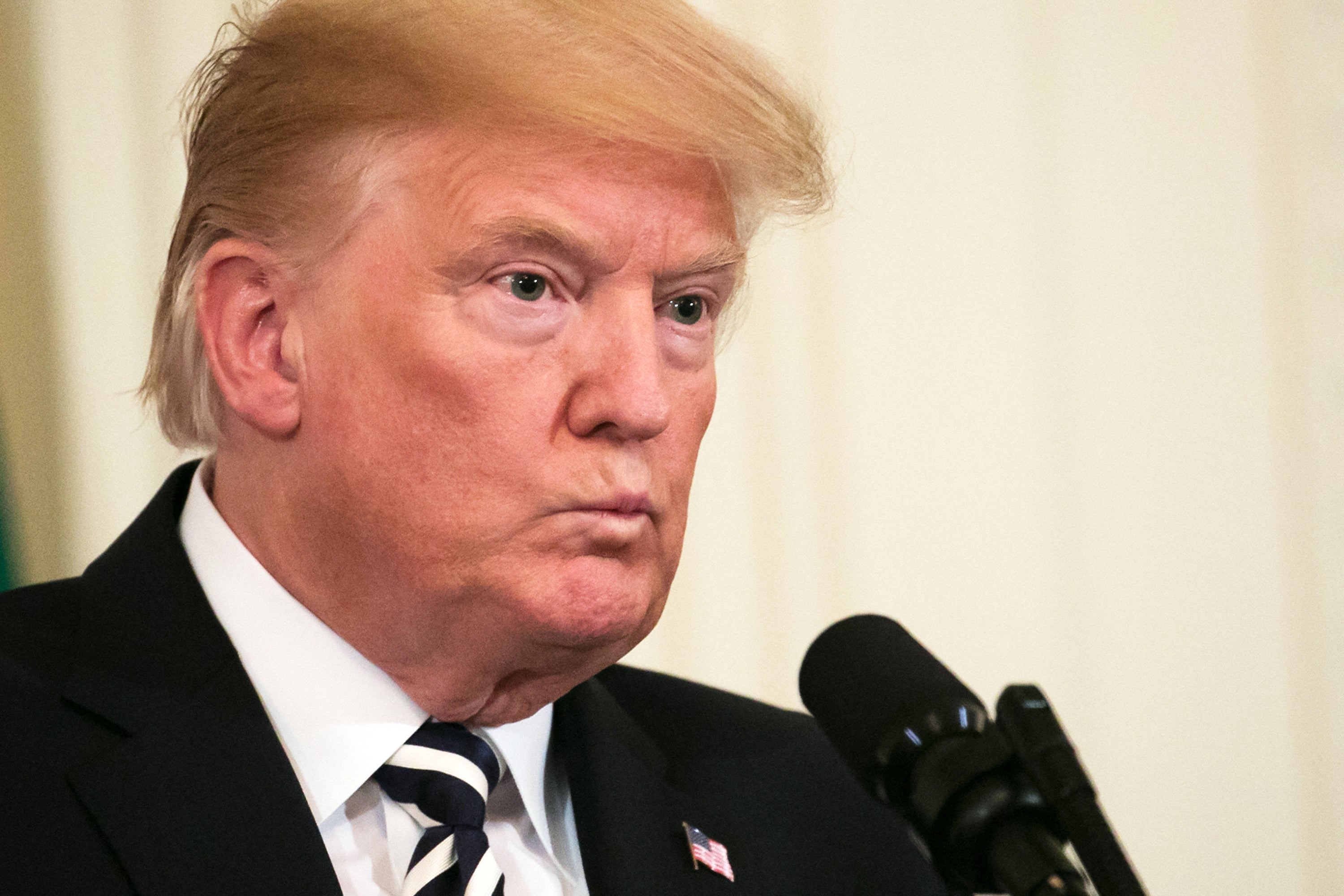
Donald Trump, the slumlord turned reality television reject currently occupying 1600 Pennsylvania Ave., when not at Mar-a-Lago or attempting to pay off sex workers to hide his marital infidelities, is refusing to apologize to the Exonerated Five, labeled the Central Park Five by the press, for putting a bounty on their heads in 1989.
“Why do you bring that question up now? It’s an interesting time to bring it up. You have people on both sides of that,” Trump responded to April Ryan, White House Correspondent and Washington Bureau Chief of American Urban Radio Network. “They admitted their guilt.”
“If you look at Linda Fairstein, and if you look at some of the prosecutors, they think that [New York City] should have never settled that case,” Trump continued. “So, we’ll leave it at that.”
In 1989, Trump took out ads in four New York City newspapers calling for Korey Wise, then 16; Yusef Salaam, then 15; Kevin Richardson, then 14; Antron McCray, then 15; and Raymond Santana Jr., then 14, to be put to death for the rape and assault of then-28-year-old investment banker Trisha Meili.
“He put a bounty over my head,” Wise has said multiple times, as he speaks out about the horrific, relentless abuse he endured while he was institutionalized. Ava DuVernay’s When They See Us pushes back against the attempted dehumanization of the Exonerated Five and shows them the dignity they deserve.
As the film depicts, after an encounter with Wise at Rikers Island, convicted serial rapist and murderer Matias Reyes confessed to the brutal assault on Meili, leading to the full exoneration of all five men, and Wise’s release from prison after serving 12 years.
In a 2016 interview, Trump said the exact same thing, telling CNN’s Miguel Marquez, “They admitted they were guilty.”
In a 1989 interview, Trump explained to CNN’s Larry King why he was calling for the state-sanctioned murder of five children, saying that “maybe hate is what we need if we’re gonna get something done.”
“I don’t see anything inciteful, I am strongly in favor of the death penalty,” Trump told King. “I am also in favor bringing back police forces that can do something instead of turning their back because every quality lawyer that represents people that are trouble, the first thing they do is start shouting police brutality, etc.”

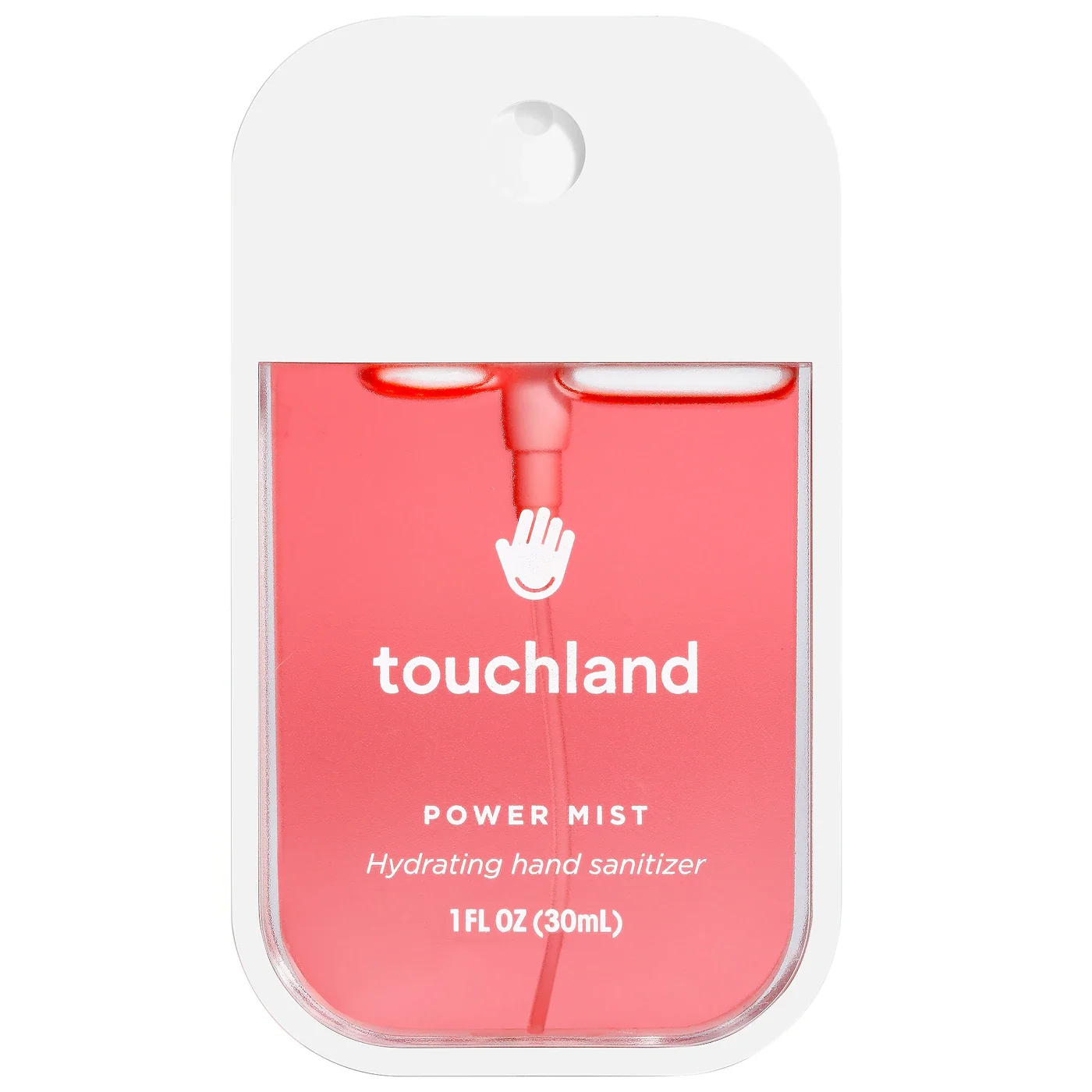
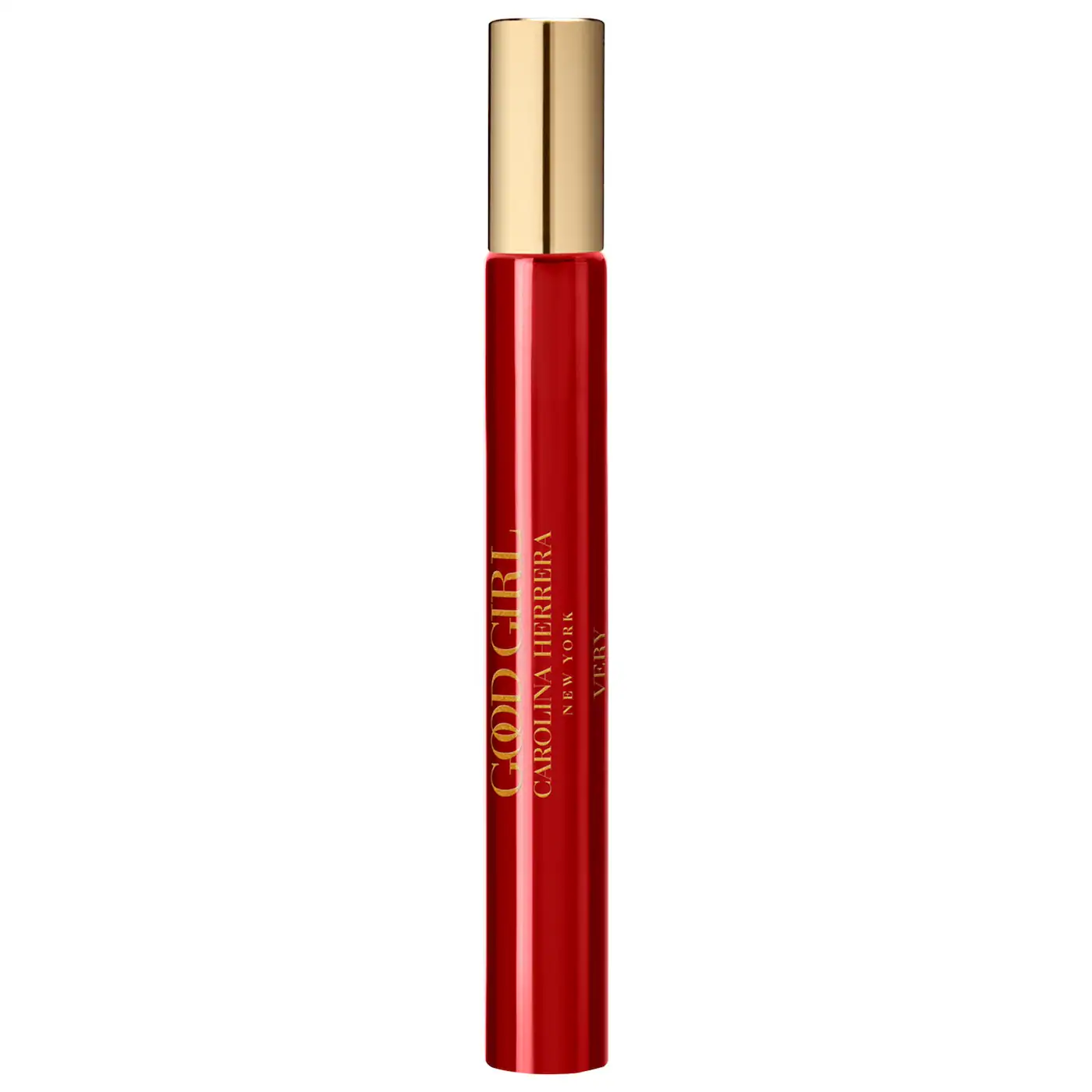

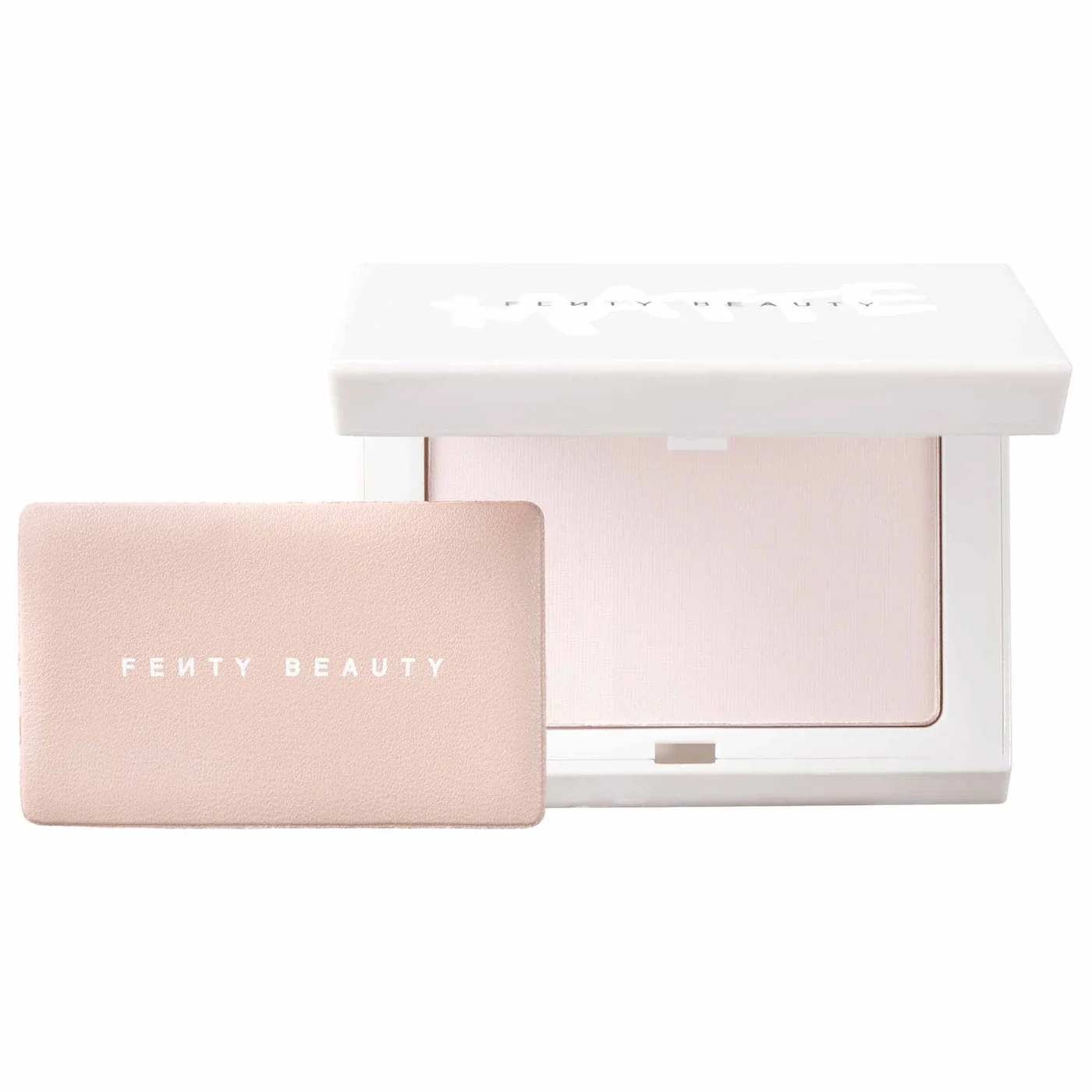


“I have never done anything that’s caused a more positive stir. I’ve had 15,000 — 15,000 — letters in the last week and a half,” continued Trump. “I don’t know of more than two or three that were negative out of 15,000. The ad’s basically very strong and vocal, they are saying bring back law and order. And I’m not just referring to New York, I’m referring to everything.”
This is also not Trump’s first time referring to “people on both sides,” as if white supremacists and the victims of their systemic, pervasive violence are flip-sides of the same coin.
In response to the white supremacist violence at the 2017 “Unite the Right” Rally in Charlottesville, Virginia, during which Neo-Nazi James Alex Fields Jr., plowed into protesters, killing 32-year-old Heather Heyer, Trump said, “You had many people in that group other than neo-Nazis and white nationalists. The press has treated them absolutely unfairly. You also had some very fine people on both sides.”
